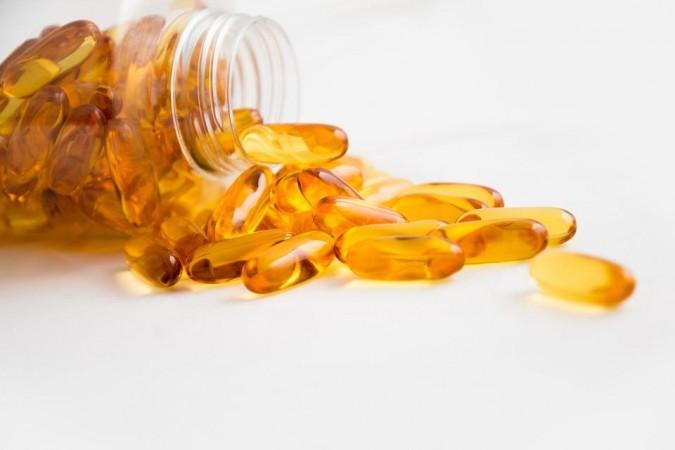Over the course of the COVID-19 pandemic, the role of few supplemental nutrients in influencing the outcomes of the disease has been vouched for, including Vitamin D. Several observational studies have suggested that increased levels of Vitamin D may offer protection against the viral infection caused by the SARS-CoV-2 coronavirus. However, a new study states that this may not be the case.
According to new research by scientists from McGill University, there is no genetic evidence to support the assertion that Vitamin D may serve as a protective measure against the novel coronavirus infection. The authors evaluated the genetic disposition of individuals with and without COVID-19 to Vitamin D in order to arrive at their conclusion.
"Vitamin D supplementation as a public health measure to improve outcomes is not supported by this study. Most importantly, our results suggest that investment in other therapeutic or preventative avenues should be prioritized for COVID-19 randomized clinical trials," the authors said in a statement.
Evaluating Genetic Connection

While the ability of Vitamin D to offer protection against severe COVID-19 outcomes is of great importance to the general public and people, the evidence establishing a protective effect is limited. Dr. Guillaume Butler-Laporte, lead author of the study, stated that the interpretation of studies involving the effect of Vitamin D and COVID-19 is not easy due to the difficulty in adjusting known risk factors of acute COVID-19 (such as age, institutionalization, and chronic diseases, among others) which are also predictors of low Vitamin D levels.
Dr. Butler-Laporte, explained, "Mendelian randomization can provide more clear insights into the role of risk factors like vitamin D because they can decrease potential bias from associated risk factors like institutionalization and chronic disease." Mendelian randomization (MR) is an analytical technique that uses genetic variants as instrumental variables to ascertain whether a risk factor has a casual effect on a health outcome. A gene or genetic variant is an irreversible change in the DNA sequence that a gene is comprised of.
In order to investigate the association between COVID-19 susceptibility and severity, Vitamin D levels, the authors carried out a Mendelian randomization study utilizing genetic variants that have a strong relationship with the elevation of vitamin D levels. The genetic variants of 1,284,876 people without COVID-19 and 14,134 with COVID-19, from 11 countries were examined by the authors. The intention was to learn whether lower severity of outcomes in COVID-19 patients was associated with a genetic predisposition for higher levels of Vitamin D.
No Links to Outcome

The researchers found that there was no evidence of a link between genetically predicted levels of Vitamin D and susceptibility to COVID-19 (along with hospitalization and severity of disease). This suggested that increasing the levels of circulating Vitamin D within the body through supplementation may not lead to any improvement in the outcomes of the viral disease among people.
"In the past Mendelian randomization has consistently predicted results of large, expensive, and timely vitamin D trials. Here, this method does not show clear evidence that vitamin D supplementation would have a large effect on COVID-19 outcomes," noted Dr. Butler-Laporte. The findings also suggest that priority must be given to other therapies for COVID-19 trials.
Limitations of study
However, the team admitted that the study was bound by few limitations. This included the non-inclusion of individuals with Vitamin D deficiency, and the presence of a possibility where deficient individuals may actually acquire benefits from supplementation aimed at providing protection from COVID-19 outcomes.
Also, the genetic variants analyzed were mostly from individuals of European ancestry. Therefore, additional studies will be required in the future to verify the relationship between Vitamin D and COVID-19 outcomes in other ethnic populations.
















